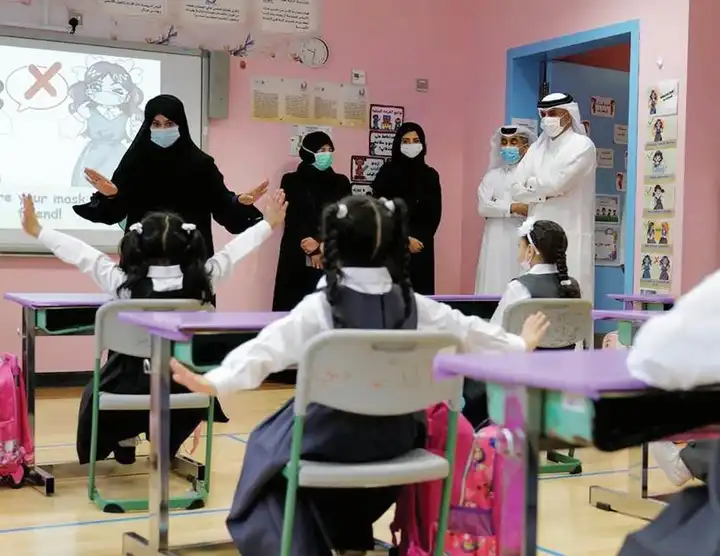love4livi.com – Qatar has made significant strides in developing a world-class education system that fosters academic excellence and innovation. The country’s investment in education is part of a broader vision to diversify its economy and build a knowledge-based society. This article explores the key features of Qatar’s education system and the initiatives that have contributed to its academic excellence.
Overview of Qatar’s Education System
Qatar’s education system is divided into three main levels: primary, preparatory, and secondary education. The Ministry of Education (MoE) oversees public schools, while private schools operate under the supervision of the Ministry but with more flexibility in curriculum and teaching methods.
Early Childhood Education
Early childhood education is a priority in Qatar, with a focus on developing children’s cognitive, social, and emotional skills. Kindergartens and pre-schools provide a foundation for lifelong learning and prepare children for the formal education system.
Primary and Secondary Education
The primary and secondary education curriculum is designed to provide students with a broad knowledge base and essential skills. Subjects include Arabic, English, mathematics, science, social studies, and Islamic education. The MoE has also introduced reforms to make the curriculum more relevant and engaging, incorporating critical thinking, problem-solving, and technology skills.
Higher Education
Qatar has invested heavily in higher education, establishing Education City, a hub for several international universities and research institutes. Institutions such as Carnegie Mellon, Georgetown University, and Weill Cornell Medicine have branches in Qatar, offering a range of undergraduate and postgraduate programs.
Initiatives for Academic Excellence
Qatar Foundation
The Qatar Foundation (QF) plays a pivotal role in promoting education and research in Qatar. It operates Education City and supports various initiatives aimed at fostering innovation, entrepreneurship, and academic excellence. QF also manages the Qatar National Research Fund, which provides grants for scientific research and development.
Educational Reforms
Qatar has implemented several educational reforms to improve the quality of education and align it with international standards. These reforms include the introduction of a standards-based education system, teacher training and development programs, and the use of technology in classrooms.
International Collaboration
Qatar has established partnerships with international organizations and educational institutions to enhance its education system. These collaborations facilitate the exchange of knowledge, best practices, and expertise, contributing to the development of a globally competitive education system.
Achievements and Challenges
Qatar’s education system has achieved notable success, with improvements in student outcomes and international rankings. However, challenges remain, including the need to further develop the technical and vocational education sector and to ensure that all students, regardless of their background, have access to quality education.
Conclusion
Qatar’s commitment to education and academic excellence is evident in its investments, reforms, and initiatives. By focusing on early childhood education, curriculum development, higher education, and international collaboration, Qatar is building a strong foundation for a knowledge-based economy and a society that values lifelong learning. As the country continues to evolve, its education system will play a crucial role in shaping its future and achieving its vision for sustainable development and global competitiveness.
